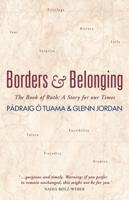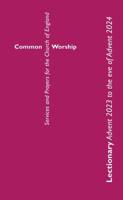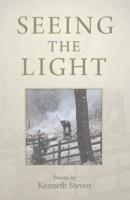Publisher's Synopsis
The Ascension of Isaiah is an apocryphal Old Testament dating from the 1st or 2nd century, organized by a still unknown Christian scholar. According to the theory of Robert Henry Charles, the text is composed of three distinct parts. The first seems to have been written by a Jewish author and the other two by Christian authors. Once it is established that it was written in the first or second century after the resurrection of Jesus Christ, its credibility is quite questionable. It contains 3 different sections related to the prophet Isaiah.The first part of the book is called Martyrdom of Isaiah. It says that before King Hezekiah died, Isaiah warned him that his son Manasseh would not go his way. When Manasseh took power, Isaiah and a group of prophets went into the desert and a demon named Belialinspired the false prophet Belkira to accuse him of treason. The king condemns Isaiah to death by sawing him in half, according to Jewish history. The second part of the book is called the vision of Isaiah or the testament of Hezekiah. In this part, the author may have inserted an apocalypse, or revelation, of Christian origin and probably a legend that speaks of a vision of the coming of Jesus, the subsequent corruption of the Christian church, the state of Belial and the Second Coming.The third part describes Isaiah's journey through the seven heavens and talks about the life, death and resurrection of Jesus Christ.The Apocryphal Ascension of Isaiah consists of about three Ethiopian manuscripts, but the fragments were written in Greek, Latin and ancient Slavic. These three texts seem to have been initially written in Greek, but it is possible that the text called "Martyrdom of Isaiah" was written from an original written in Hebrew or Aramaic. The name of the book was Epiphaniusand Jerome of Stridus, the first writer and translator of the Hebrew texts of the Old Testament and the Greek texts of the New Testament into Latin, from which the so-called Vulgate originated. These three texts were not recognized by Christianity because they were considered apocryphal and therefore were not included in the biblical canon.









